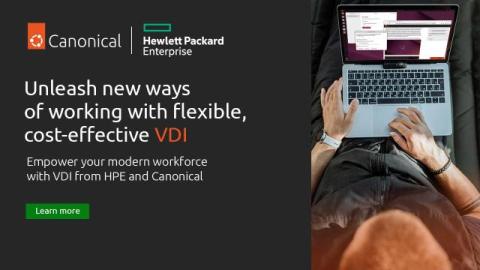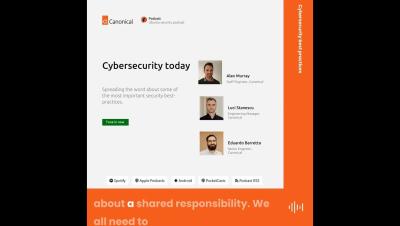Unleash new ways of working with flexible, cost-effective VDI
For years, virtual desktop infrastructure (VDI) has helped power the most complex IT environments—and the technology is still relevant today. After all, VDI allows employees to access their work applications and data across any device, anywhere. And the growth of 5G networked edge computing means that VDI workloads can soon be optimised for even greater flexibility, security and cost savings. But what’s the right way to deploy VDI in the cloud era?











